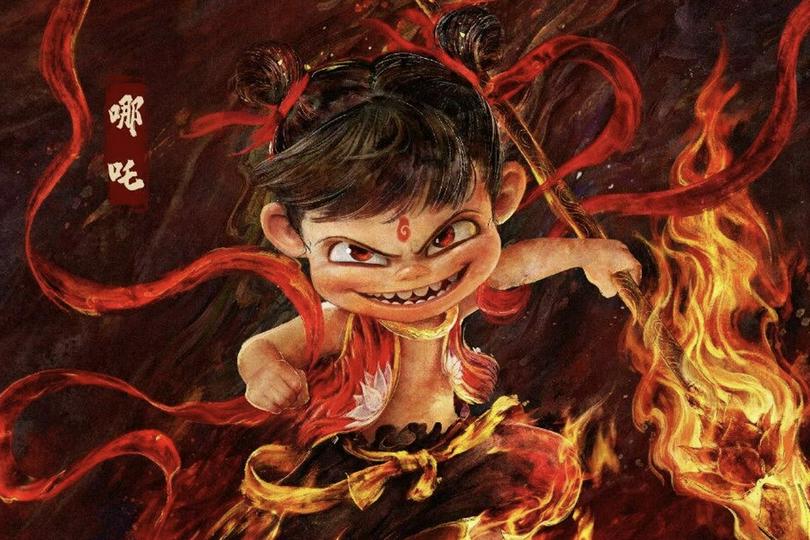Nezha is a significant figure in ancient Chinese mythology and religious traditions, appearing in popular TV series such as Journey to the West and Investiture of the Gods. In real life, Nezha is also revered as a protective deity, enshrined not only in temples and Taoist shrines but even in dedicated Nezha temples in some regions.
In recent years, the release of Nezha animated films has propelled this character to stardom, captivating a broad audience. Many parents have taken their children to theaters, contributing significantly to the box office success of these films.
How should Christians approach the figure of Nezha? Firstly, from a religious perspective, there is only one true God, and Nezha is not divine. However, Christians should also recognize that Nezha is deeply rooted in Chinese culture.
The enduring popularity of Nezha’s mythology and its frequent adaptation into films and TV shows—garnering widespread acclaim—reveals an important truth: whether as a legendary figure or a cinematic portrayal, Nezha embodies qualities that resonate with people and offer lessons worth learning.
From the recent animated films, several themes stand out for reflection:
1. The Philosophy of Good and Evil
Is Nezha, the mischievous child, inherently good or evil? The answer defies a simplistic binary. The interplay of the "Demon Pill" and "Spirit Pearl" in the films illustrates his duality—goodness within evil, and vice versa. This reflects Taoist philosophy, which transcends the notions of inherent good or evil in human nature, avoiding rigid black-and-white judgments. Such a perspective might be seen as progressive.
Christians hold their own views on good and evil. From a biblical timeline, humans were untouched by evil before Adam’s sin. After the Fall, humanity became enslaved to evil yet retained a God-given conscience of goodness. Through Christ’s redemption, believers are sanctified. This creates a point of dialogue between Christian teachings and the film’s themes. Practically, it reminds us that not everything is black-and-white; excessive judgmentalism risks fostering narrowmindedness.
2. The Power of Love
The Christian God is both just and loving. His love led Him to create humanity, to incarnate as Jesus, and to sacrifice Himself for salvation. Many are moved by this divine love to follow God, even unto martyrdom.
In Nezha’s story, what transforms him from a reckless troublemaker into a protector of Chentang Pass? It is the love of his mother, the acceptance of Taiyi Zhenren and Ao Bing, and his father’s willingness to bear punishment for him. These acts of love awaken Nezha’s potential, fueling his redemption and growth.
Nezha’s transformation teaches that love—or its absence—can redefine a person. Harsh words and rejection may drive someone to despair or evil, while love and acceptance can heal and uplift. This serves as a universal reminder: building others up requires love, not condemnation.
3. The Controversial Catchphrase
The film’s most famous line—“My fate is decided by me, not by heaven”—along with “Whether I am human or demon is my choice"—has inspired many, encouraging courage and resilience.
For Christians, however, discernment is needed. While positivity is valuable, true transformation and ultimate destiny lie not in self-determination but in the hands of an all-knowing, loving God. As Romans 8:28 reminds us, “All things work together for good to those who love God, who are called according to His purpose.”
Conclusion
Christians need not reject Nezha or related media outright. Watching with a learning mindset can reveal insights worth pondering. That said, discernment remains crucial, as earthly “light” cannot fully illuminate truth. We engage culture thoughtfully but seek wisdom in all things.
(Originally published by the Gospel Times, the article has been edited under permission and the author is a preacher at a church in Jiangsu Province. )
- Translated by Oliver Zuo












